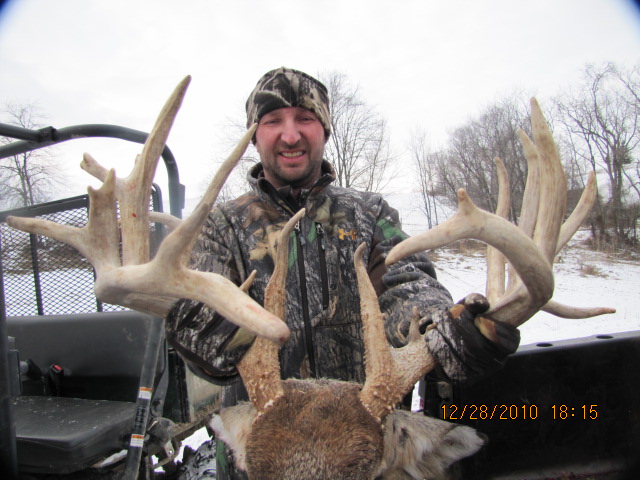Whitetail deer grow to be large animals. They are browsers and like to eat a variety of plants, but they prefer green ash and willow. Other food sources include apples, acorns, sweetclover, and corn. Whitetails are solitary animals, and they tend to have just one doe and fawn at a time. Their bodies are long and graceful and they have reddish coats.
The body size of a whitetail depends on geographical location and climate. Those in the Midwest and Northern parts of the country have large potential for growth. The climate and diet of these regions dictate their growth rate. This growth rate is essential to the whitetail’s reproductive success and overall survival. In colder climates, however, the growth rate of large bucks can be slow. Therefore, deer breeders should keep a close eye on buck size to increase their chances of success in the hunt.
A whitetail deer has a four-chambered stomach and lacks upper incisors. This helps it to eat a large quantity of food in a short period of time. During autumn, the whitetail deer also feeds on twigs and buds. In eastern Canada, acorns are a favorite food for the deer. During the winter, whitetail deer feed on a variety of plant material, including acorns and winter-green forbs.
White-tailed deer are generalists and can adapt to a variety of habitats. Their largest populations live in temperate regions of North America. They include the northern and western whitetail deer, and are the largest in those regions. Smaller forms are found in the Florida Keys and in partially wooded lowlands of the neotropics. They live in wooded habitats and may be found throughout the United States.
A white-tailed deer has a brownish-red coat in the summer and greyish brown during the winter. Its white undertail is most noticeable and it tends to lift its tail when disturbed. Male whitetail deer grow to be about 1 m at the shoulder, and they can weigh up to 110 kilograms. The antlers of mature male whitetails are large, with single points that project upward.
The social structure of white-tailed deer is based on bachelor and matriarchal groups. Matriarchal groups consist of maternal does and their offspring, while bachelor groups contain a few adult bucks. The size of the bachelor group can range anywhere from two to over ten bucks. The doe will leave her fawn unattended for several hours, returning to suckle it.
In the past, the largest known deer weighed about 400 pounds. This monster was killed in Canada by hunter John Annett. In fact, this is the largest whitetail ever recorded. In contrast, most adult bucks are between 200 and 300 pounds and stand between 36 and 40 inches at the shoulder. Female deer, on the other hand, are smaller, weighing only 120 to 175 pounds. In the first six months of life, a newborn fawn weighs four to ten pounds and grows to a whopping 85 pounds.

